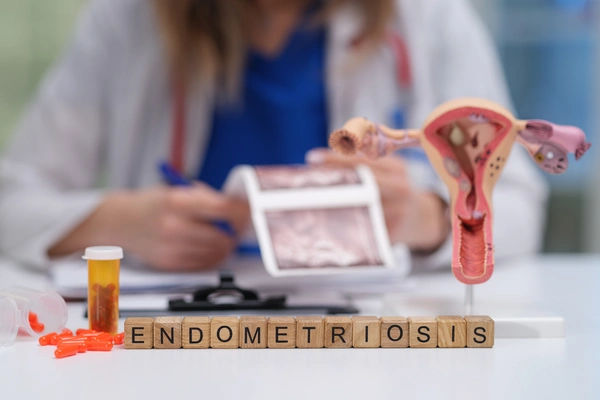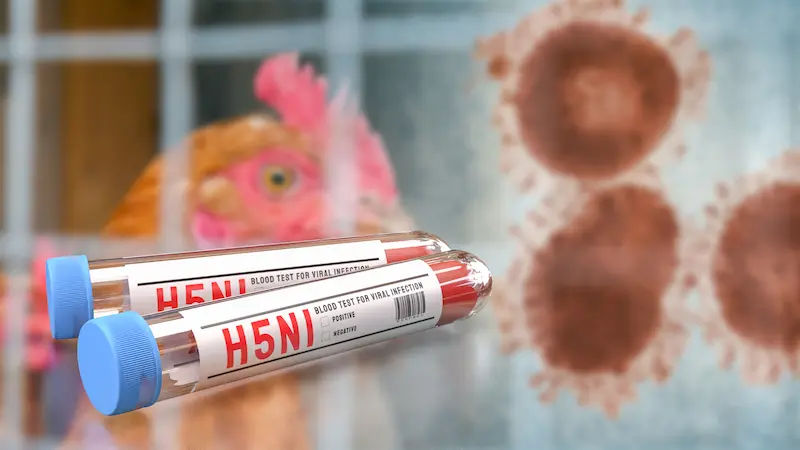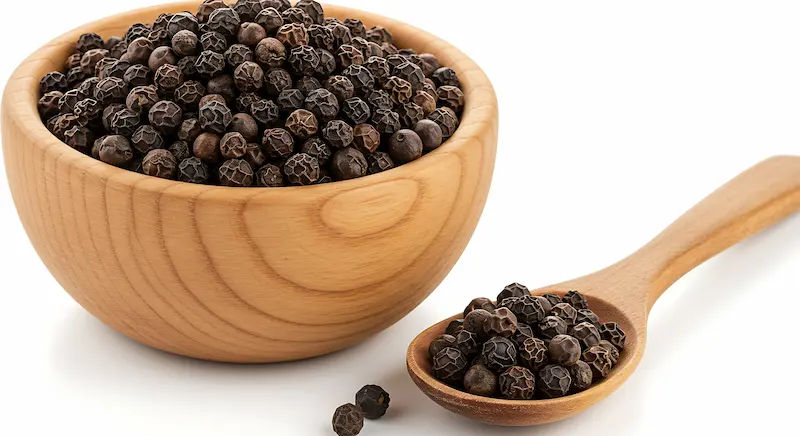Guide to Anorectal Conditions Where Painkillers May Help
Find relief from anorectal pain with this comprehensive guide. Learn about common conditions, effective painkillers, home remedies, and when to seek medical care.


Introduction
Anorectal pain is an incredibly common yet often silent suffering. Whether it's a sharp, searing pain during a bowel movement or a constant, throbbing discomfort when sitting, it can significantly impact your quality of life. The instinct for many is to reach for a painkiller for immediate relief. But is that always the right approach? This guide delves into the specific anorectal conditions where painkillers can be a helpful part of your care plan. We'll explore what causes the pain in issues like fissures and haemorrhoids, which types of over-the-counter and prescription medications are most effective, and crucially, how to use them safely alongside other vital treatments like sitz baths and dietary changes. Understanding the "why" behind the pain is the first step toward finding lasting comfort and knowing when it's time to seek professional medical advice from a platform like Apollo24|7.
Understanding Anorectal Pain: More Than Just Discomfort
Anorectal pain originates from the sensitive nerve-rich area of the anal canal and rectum. Unlike pain in a less sensitive part of the body, discomfort here is amplified due to the density of somatic nerves, which are responsible for sensing sharp, localised pain. This is why even a small tear can feel excruciating.
Why Anorectal Pain is So Intense
The anal canal is lined with a complex network of nerves designed to provide fine-tuned control over bowel movements. This same sensitivity, however, makes it vulnerable to intense pain from inflammation, tearing, or pressure. Conditions like anal fissures cause pain because the internal anal sphincter muscle goes into a protective spasm, reducing blood flow and preventing the tear from healing, creating a vicious cycle of pain.
The Goals of Pain Management in Proctology
The primary goal in managing anorectal pain is twofold: first, to provide immediate comfort and improve daily
functioning, and second, to create an environment that allows the underlying condition to heal. Painkillers play a role in the first goal, but they are rarely a standalone solution. Effective management almost always involves addressing the root cause, such as softening stools to reduce straining or reducing inflammation.
Consult a Gastroenterologist or Proctologist for the best advice
Common Anorectal Conditions Where Pain is a Primary Symptom
Anal Fissures: The Paper Cut Analogy
An anal fissure is a small tear in the thin, moist tissue that lines the anus. It's often described as passing broken glass or razor blades. The pain is typically sharp and severe during and immediately after a bowel movement, and may be followed by a deep, burning ache that can last for several hours.
How Painkillers Can Help with Anal Fissures
For anal fissures, painkillers like ibuprofen (Advil, Motrin) can help manage the inflammatory pain and the deep ache that follows a bowel movement. However, the most critical aspect of treatment is breaking the cycle of sphincter spasm. This is often achieved with topical medications like nitroglycerin or nifedipine, which relax the muscle. OTC painkillers are best used as a supplementary measure for severe anal fissure treatment while primary therapies take effect.
Haemorrhoids: Internal vs. External Pain
Haemorrhoids are swollen veins in the lower rectum and anus. Internal haemorrhoids are usually painless but can cause bleeding. External haemorrhoids, however, can be very painful, especially if a blood clot forms (thrombosed haemorrhoid), leading to a hard, tender lump near the anus.
The Role of Pain Relief for Haemorrhoid Flare-ups
For painful haemorrhoid flare-ups, OTC painkillers can provide temporary relief from the throbbing and inflammation. Acetaminophen (Tylenol) is often a good choice. More targeted relief comes from topical treatments containing lidocaine or hydrocortisone, which numb the area and reduce swelling. The key to long-term haemorrhoid pain relief is reducing pressure by treating constipation.
Perianal Abscess and Fistula: When Pain Signals Infection
A perianal abscess is an infected cavity filled with pus near the anus. The pain is typically constant, throbbing, and worsening, often accompanied by swelling, redness, and fever. This is a serious condition that usually requires surgical incision and drainage. Painkillers may be used post-procedure to manage pain, but they do not treat the infection itself, which requires medical intervention.
Proctalgia Fugax: The Mysterious Muscle Spasm
Proctalgia Fugax involves sudden, severe, and fleeting cramps in the rectum, often waking people from sleep. The episodes are short-lived (seconds to minutes). While the pain is intense, its brief nature makes routine painkiller use impractical, as the medication wouldn't take effect in time. Warm baths are often the most recommended immediate relief.
Types of Painkillers Used for Anorectal Relief
Over-the-Counter (OTC) Options: NSAIDs and Acetaminophen
- NSAIDs (Ibuprofen, Naproxen): These are anti-inflammatory and are excellent for pain caused by swelling and inflammation, such as in thrombosed haemorrhoids or fissures. A key consideration is that they should be taken with food to avoid stomach upset.
- Acetaminophen: This is a pure analgesic (pain reliever) that doesn't have anti-inflammatory properties. It's a good option if you cannot take NSAIDs or if inflammation is not the primary cause of your pain. It is generally considered gentler on the stomach.
Topical Analgesics: Numbing Creams and Ointments
These provide localised relief without systemic side effects. Products containing topical lidocaine (a numbing agent) or pramoxine can be applied directly to the affected area to temporarily dull the pain. These are particularly useful for thrombosed haemorrhoid pain relief and painful external haemorrhoids.
Prescription Pain Medications: A Cautious Approach
In cases of severe post-surgical pain, a doctor may prescribe a short course of stronger pain medication. However, opioids are used with extreme caution because a major side effect is constipation, which can drastically worsen the original anorectal condition by causing straining. Doctors will typically pair any pain prescription with a stool softener.
Beyond the Pill: Integrated Pain Management Strategies
Relying solely on painkillers is like mopping the floor without turning off the overflowing sink. A holistic approach is essential for healing.
The Power of Sitz Baths
A sitz bath involves sitting in a few inches of warm water for 15-20 minutes, especially after bowel movements. This is one of the most effective therapies. The warmth soothes pain, increases blood flow to promote healing, and helps keep the area clean.
Dietary Modifications for Long-Term Relief
This is non-negotiable. A high-fibre diet (plenty of fruits, vegetables, and whole grains) and adequate water intake are crucial for softening stools. Soft stools eliminate straining, which is the root cause of many fissures and haemorrhoids. Consider a fibre supplement like psyllium husk if dietary changes aren't enough.
Proper Hygiene and Comfort Measures
After bowel movements, gently clean the area with water instead of dry toilet paper. Pat dry instead of wiping. Wear loose, breathable cotton underwear. Avoid sitting for prolonged periods, especially on hard surfaces, to reduce pressure on the area.
When to See a Doctor: Red Flags and Persistent Pain
While OTC painkillers and home care can manage mild cases, certain symptoms warrant immediate medical attention. If your condition does not improve after a week of home treatment, consult a doctor. You should seek care promptly if you experience:
- Severe pain that prevents normal activities.
- Pain accompanied by fever, which could indicate an infection like an abscess.
- Significant rectal bleeding (more than a few spots on the toilet paper).
- A palpable lump that is growing or increasingly painful.
- Pain that persists beyond two weeks.
If symptoms persist, consult a doctor online with Apollo24|7 for further evaluation. They can assess your condition, provide a preliminary diagnosis, and advise if a physical visit is necessary.
Conclusion
Navigating the discomfort of anorectal conditions requires a smart and multi-faceted strategy. Painkillers, when chosen correctly and used judiciously, can provide valuable temporary relief from the sharp or throbbing pain associated with fissures and haemorrhoids. However, their role is supportive. The cornerstone of effective treatment lies in addressing the root cause—most often, straining from hard stools. By combining sensible medication use with proven soothing techniques like sitz baths and fundamental dietary changes, you can break the cycle of pain and promote genuine healing. Remember, self-care has its limits. If your pain is severe, doesn't improve, or is accompanied by worrying symptoms like fever, seeking professional medical guidance is the most important step you can take toward recovery. Book a physical visit to a doctor with Apollo24|7 if home remedies aren't providing relief, to get an accurate diagnosis and a tailored treatment plan.
Consult a Gastroenterologist or Proctologist for the best advice
Consult a Gastroenterologist or Proctologist for the best advice

Dr. Chethan T L
General Physician/ Internal Medicine Specialist
5 Years • MBBS, MD, DNB (General Medicine)
Bengaluru
Apollo Medical Center, Marathahalli, Bengaluru

Dr. Jatin Yegurla
Gastroenterology/gi Medicine Specialist
11 Years • MD (PGI), DM (AIIMS Delhi), FAGIE (AIIMS Delhi), ESEGH (UK), Gold Medalist
Hyderabad
Apollo Hospitals Jubilee Hills, Hyderabad
(675+ Patients)

Dr Piyush Vishwakarma
Gastroenterology/gi Medicine Specialist
11 Years • MBBS, MD, DrNB,
Delhi
Apollo Hospitals Indraprastha, Delhi

Dr. Amit Pandita
Gastroenterology/gi Medicine Specialist
10 Years • MBBS. MD (INTERNAL MEDICINE) DrNB (GASTROENTEROLOGY AND HEPATOLOGY)
Delhi
Apollo Hospitals Indraprastha, Delhi

Dr Abhishek Tiwari
Minimal Access/Surgical Gastroenterology
15 Years • MBBS, MS, Diabetic Foot Course (Pisa, Italy)
Delhi
Apollo Hospitals Indraprastha, Delhi
Consult a Gastroenterologist or Proctologist for the best advice

Dr. Chethan T L
General Physician/ Internal Medicine Specialist
5 Years • MBBS, MD, DNB (General Medicine)
Bengaluru
Apollo Medical Center, Marathahalli, Bengaluru

Dr. Jatin Yegurla
Gastroenterology/gi Medicine Specialist
11 Years • MD (PGI), DM (AIIMS Delhi), FAGIE (AIIMS Delhi), ESEGH (UK), Gold Medalist
Hyderabad
Apollo Hospitals Jubilee Hills, Hyderabad
(675+ Patients)

Dr Piyush Vishwakarma
Gastroenterology/gi Medicine Specialist
11 Years • MBBS, MD, DrNB,
Delhi
Apollo Hospitals Indraprastha, Delhi

Dr. Amit Pandita
Gastroenterology/gi Medicine Specialist
10 Years • MBBS. MD (INTERNAL MEDICINE) DrNB (GASTROENTEROLOGY AND HEPATOLOGY)
Delhi
Apollo Hospitals Indraprastha, Delhi

Dr Abhishek Tiwari
Minimal Access/Surgical Gastroenterology
15 Years • MBBS, MS, Diabetic Foot Course (Pisa, Italy)
Delhi
Apollo Hospitals Indraprastha, Delhi
More articles from General Medical Consultation
Frequently Asked Questions
1. What is the best painkiller for an anal fissure?
For the inflammatory pain of an anal fissure, an NSAID like ibuprofen is often recommended as it can reduce swelling. However, the most effective treatment usually involves a topical ointment to relax the anal sphincter muscle, which is the primary source of pain. Painkillers provide supplementary relief.
2. Can I use painkillers for haemorrhoids every day?
It's not advisable to use OTC oral painkillers for haemorrhoids daily for an extended period without consulting a doctor. Long-term use of NSAIDs can have side effects like stomach irritation. Focus on addressing the cause with fibre, water, and sitz baths, and use painkillers only for temporary relief during acute flare-ups.
3. How long does it take for fissure pain to go away with painkillers?
Painkillers may mask the pain within 30-60 minutes, but they do not speed up the healing of the fissure itself. With proper treatment (stool softeners, sitz baths, and possibly prescription creams), acute fissure pain should significantly improve within a few days to a week. If pain persists, see a doctor.
4. Are there any painkillers I should avoid for rectal pain?
You should be very cautious with opioid pain medications (like codeine) as they are highly constipating. Constipation is a primary aggravating factor for most anorectal conditions and will likely make your pain worse in the long run.
5. Is it safe to use numbing cream for piles?
Yes, OTC creams containing lidocaine or pramoxine are generally safe for short-term use on external haemorrhoids to numb the area. Follow the package directions carefully. Do not use them on broken skin unless directed by a doctor, and discontinue use if you experience irritation.




